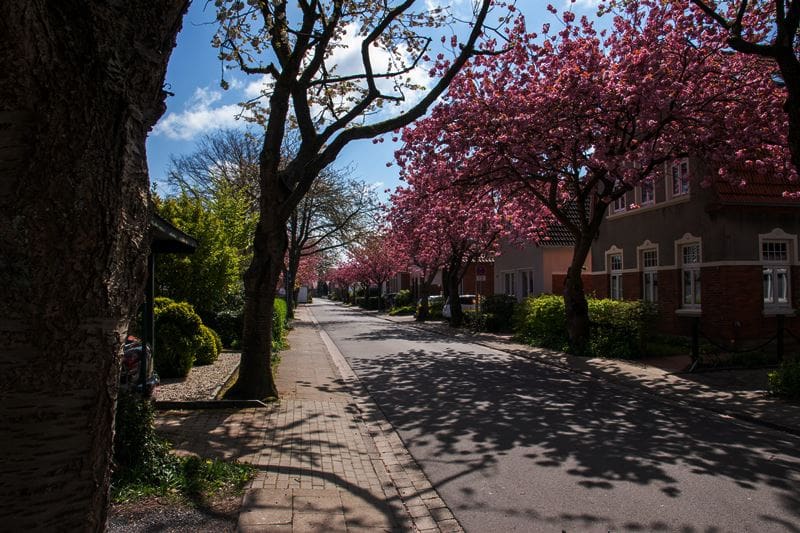Choosing the right neighborhood is a crucial step in finding your ideal home. When considering different areas, it’s essential to think about the community’s overall safety. Research crime rates and talk to residents to get a sense of how secure the area feels. Additionally, look for signs of neighborhood watch programs or local law enforcement presence, which can contribute to a safer environment. Prioritizing safety will provide peace of mind for you and your family. Read on to learn crucial factors to consider when selecting a neighborhood for your new home.
1. Proximity to Work and Amenities
The location of your new home can significantly impact your daily routine. Consider how close the neighborhood is to your workplace and the convenience of commuting. Additionally, think about the availability of essential amenities such as grocery stores, pharmacies, and healthcare facilities. A neighborhood with easy access to these services can save you time and make daily tasks more manageable. Evaluate the public transportation options and road connectivity to ensure a smooth and efficient commute.
2. Quality of Local Schools

For families with children, the quality of local schools is a paramount consideration. Investigate the school district’s reputation, standardized test scores, and available extracurricular activities. Good schools often attract more families, contributing to a vibrant community and potentially increasing property values. Additionally, even if you don’t have school-aged children, strong schools can be a selling point if you decide to move in the future. Ensuring your new neighborhood supports educational excellence is a wise investment.
3. Lifestyle and Community Culture
Your neighborhood should complement your lifestyle and personal interests. Explore the community’s culture, including local events, recreational facilities, and social opportunities. Check if there are parks, gyms, or community centers that align with your hobbies and activities. Understanding the neighborhood’s vibe can help you feel more at home and engaged with your surroundings. A community that matches your lifestyle preferences can enhance your overall quality of life.
4. Future Development and Property Value

When selecting a neighborhood, consider its potential for future growth and development. Research any planned projects, such as new infrastructure, commercial developments, or residential expansions. These factors can influence property values and the neighborhood’s desirability over time. A community poised for growth can offer both immediate benefits and long-term investment potential. Staying informed about future developments can help you make a more strategic decision.
NeighborhoodSelection #HomeBuyingTips #CommunityLiving #RealEstateAdvice #MovingGuide #SafeNeighborhood #FamilyFriendly #LocalSchools #LifestyleChoices #PropertyInvestment
